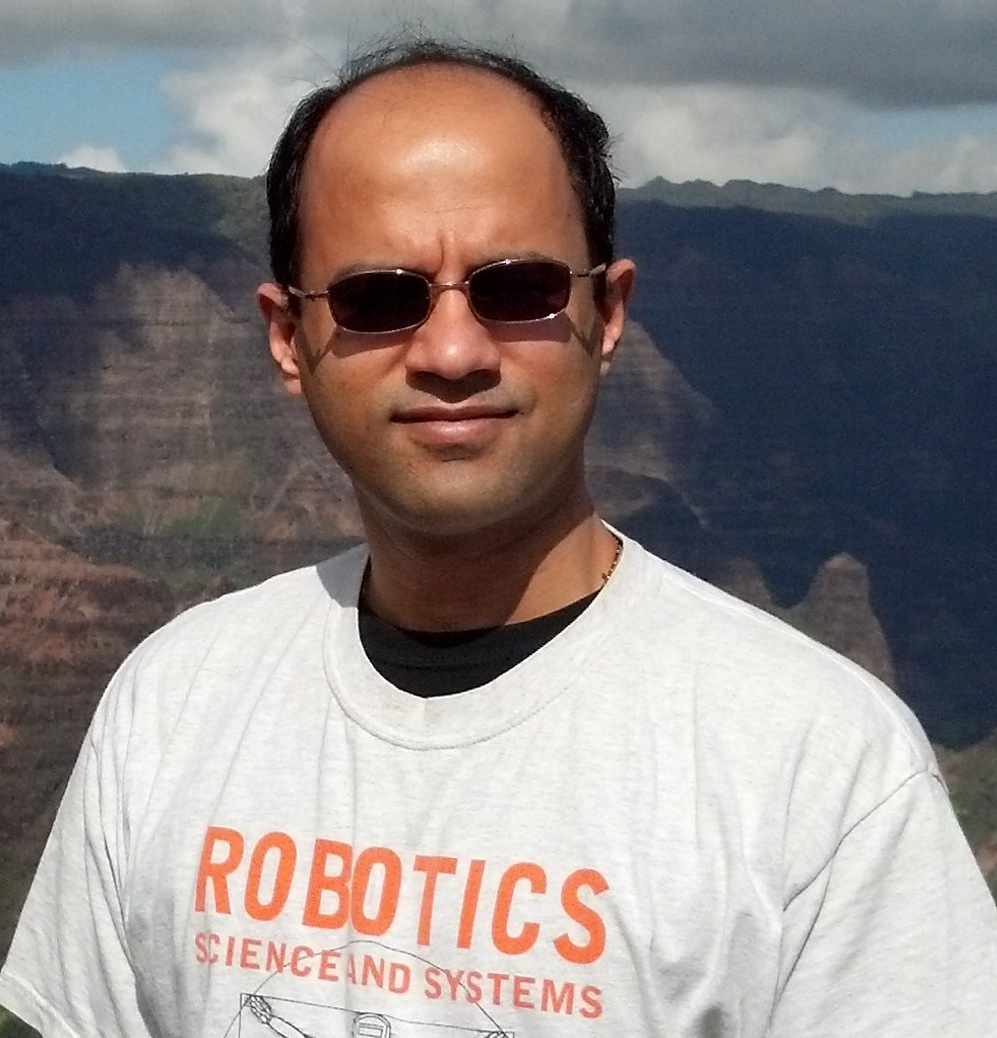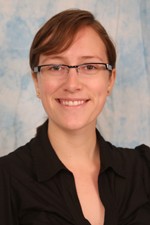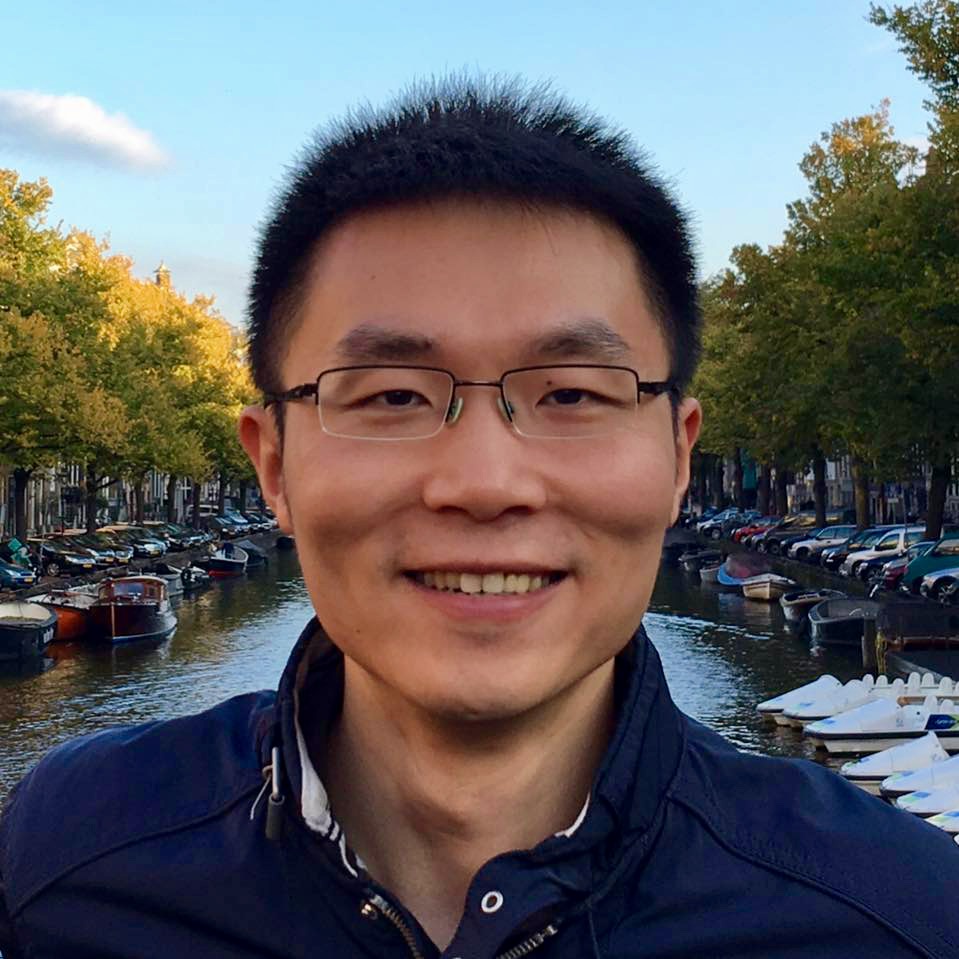Robotics-Inspired Implantable Passive Mechanisms to Surgically Re-Engineer the Human Body
Abstract: Tendon-transfer surgeries are performed for a variety of conditions such as stroke, palsies, trauma, and congenital defects. The surgery involves re-routing a tendon from a nonfunctioning muscle to a functioning muscle to partially restore lost function. However, a fundamental aspect of the current surgery, namely the suture that attaches the tendon(s) to the muscles, [...]
Faculty Candidate Talk: Computational Design for the Next Manufacturing Revolution
Areas of interest: Computational design for manufacturing Abstract: Over the next few decades, we are going to transition to a new economy where highly complex, customizable products are manufactured on demand by flexible robotic systems. In many fields, this shift has already begun. 3D printers are revolutionizing production of metal parts in the aerospace, automotive, [...]
Faculty Candidate Talk: Visual Perception and Navigation in 3D Scenes
Abstract: In recent times, computer vision has made great leaps towards 2D understanding of sparse visual snapshots of the world. This is insufficient for robots that need to exist and act in the 3D world around them based on a continuous stream of multi-modal inputs. In this talk, I will present some of my efforts in bridging this gap between computer vision and robotics. I will show [...]
Faculty Candidate: Probing Light Transport for 3D Shape
Abstract: There is a rising demand for high-performance 3D sensors in response to the rapid development of autonomous cars, 3D printers, and virtual/augmented reality systems. These sensors often make use of controllable light sources to send light signals into an environment, and cameras to measure the signal reflected back in response. This approach can, however, fail [...]
Learning Multi-Modal Navigation for Unmanned Ground Vehicles
The Event has been Postponed. Abstract: A robot that operates efficiently in a team with a human in an unstructured outdoor environment must be able to translate commands from a modality that is intuitive to its operator into actions. This capability is especially important as robots become ubiquitous and interact with untrained users. For this [...]
Carnegie Mellon University
Algorithms, Implementation, and Studies on Eating with a Shared Control Robot Arm
Abstract: People with upper extremity disabilities are gaining increased independence through the use of assisted devices such as wheelchair-mounted robotic arms. However, the increased capability and dexterity of these robotic arms also makes them challenging to control through accessible interfaces like joysticks, sip-and-puff, and buttons that are lower-dimensional than the control space of the robot. [...]
Carnegie Mellon University
Social Signal Processing: A Computational Approach to Sensing, Reconstructing and Understanding Social Interaction
Abstract: Humans convey their thoughts, emotions, and intentions through a concert of social displays: voice, facial expressions, hand gestures, and body posture. Despite advances in machine perception technology, machines are unable to discern the subtle and momentary nuances that carry so much of the information and context of human communication. The encoding of conveyed information [...]
Speaker: Jia Deng
Areas of Interest: Artificial Intelligence, vision, knowledge, reasoning Host: Abhinav Gupta Admin Contact: Chris Downey cdowney@andrew.cmu.edu
Carnegie Mellon University
Foraging, Prospecting, and Falsification – Improving Three Aspects of Autonomous Science
Abstract: Robots exploring the subsurface ocean of Europa, for example, may not have reliable communications with scientists on Earth. Robots exploring with unreliable communications must conduct scientific exploration autonomously. Approaches to deliberative and opportunistic science autonomy that work in the laboratory may not work in the field. This thesis presents three algorithms designed to improve [...]
